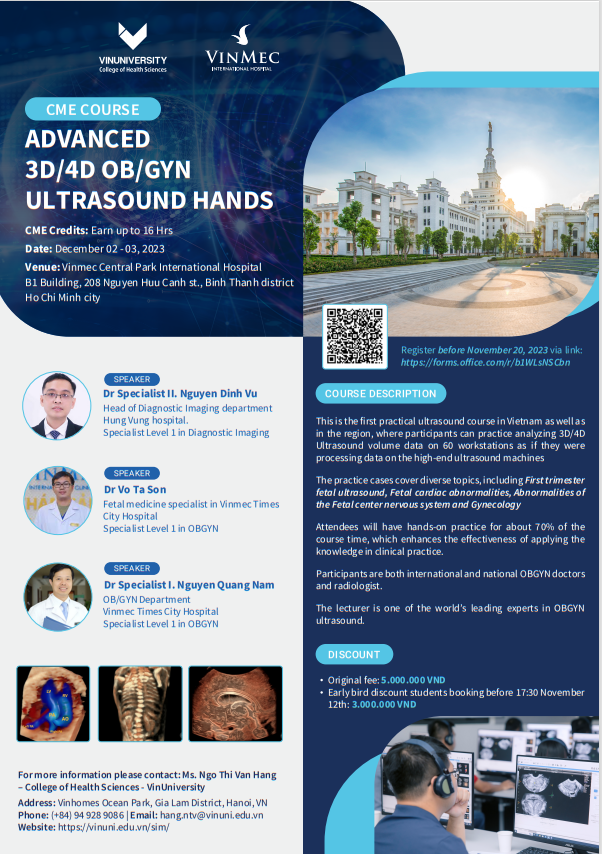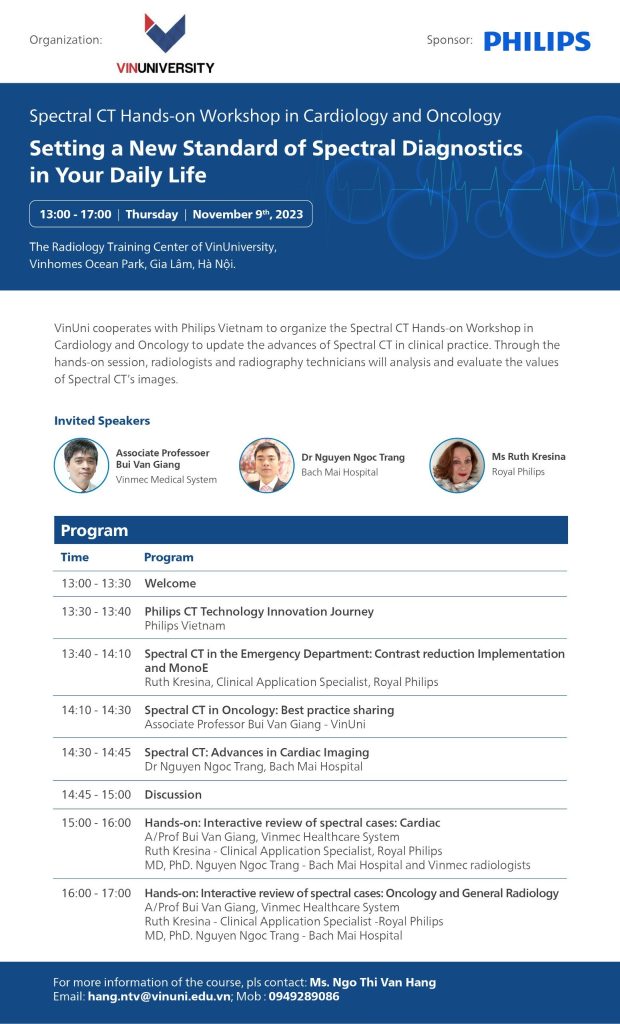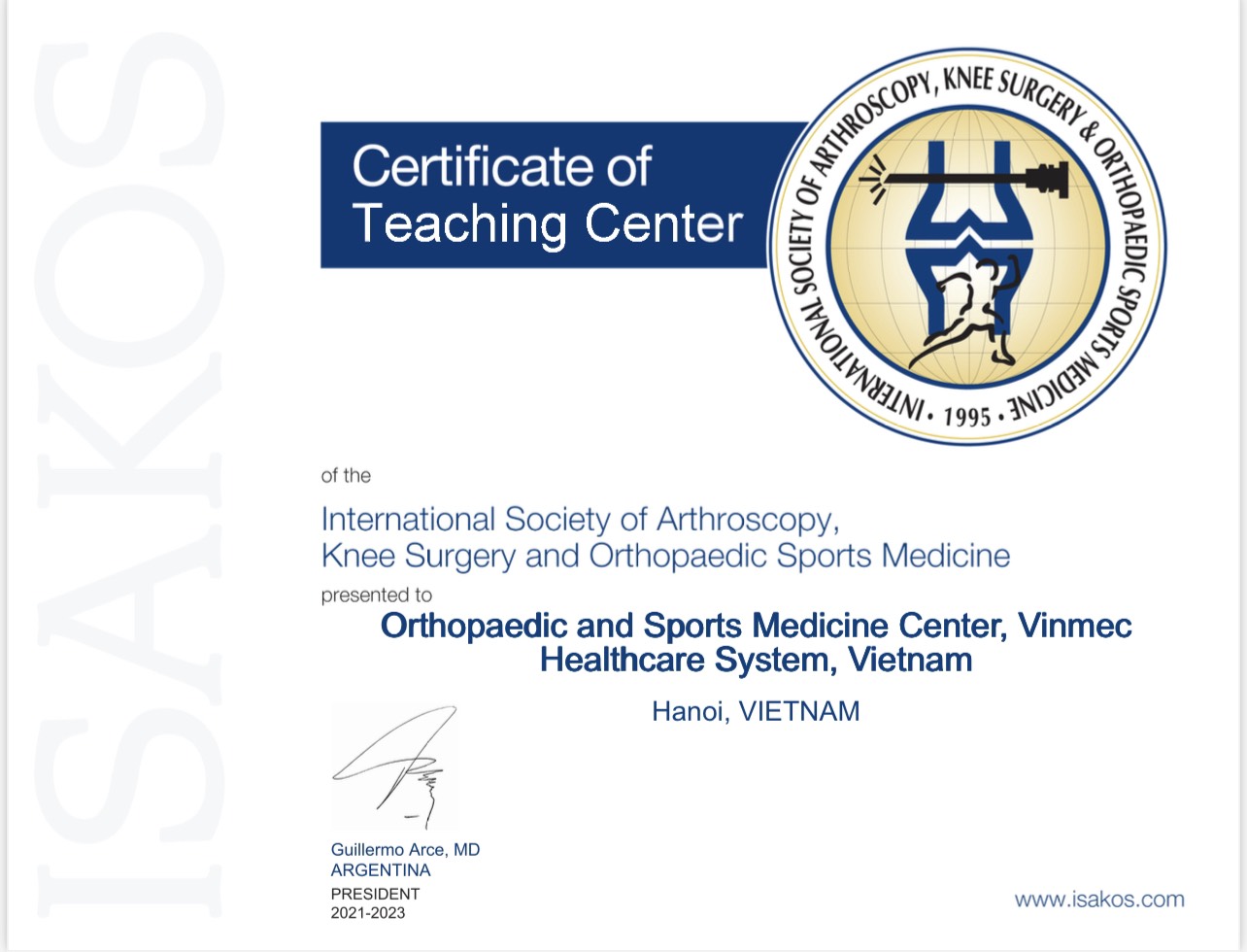#VinUniResearch
#VinUniNursing
Postpartum depression (PPD) is a common health issue among women after childbirth with negative impacts on both the mothers and the newborns. In Vietnam, this matter has now been at the center of many researchers’ interest. A research in 2010 at Tu Du Hospital, HCMC (Hiep & Nguyet, 2010) indicated that 21.6% of new mothers suffer from PPD while another research in 2018 at Nam Dinh Hospital of Pediatrics (Thuy, Hoa, & Ngoc, 2018) reported a much higher and much more alarming number of 34.2% . People experiencing PPD may have mild, medium or severe symptoms of depression leading to loss of appetite, feeling of self-harm and other over a brief or prolonged period of time, which results in negative health outcomes for both the mothers themselves and the newborns unless diagnosed and treated promptly using therapy, consultation as well as medication. At VinUniversity, College of Health Sciences’ faculty members – Dr. Nguyen Thi Hoa Huyen and Dr. Nguyen Thi Thanh Huong– along with their first-year Nursing students Tran Ngoc Tran and Nguyen Do Thu Phuong, are working on a project titled “Intervention Program to Prevent Postpartum Depression among Vietnamese Women” to help women and their families to successfully overcome this challenge.

Since their very first year at VinUniversity, students have been given various opportunities to join research projects under the guidance of leading professors and faculty members. In the first phase of the PPD project, students have participated in conducting extensive literature searches on studies among other Asian populations, to gain valuable insights into the trends, causes, impact and intervention and support programs for PPD. In Phase 2, the research team plans to survey and interview postpartum women to better understand the causes and severity of the PPD symptoms. The team hopes to use those insights to develop contextualized and suitable programs for Vietnamese mothers who are suffering from PPD.
One of those solutions might be a web or mobile app to support and enhance Vietnamese postpartum women’s psychological health.
“It has been such a precious opportunity for me to research and analyze journal articles and to learn about the outreach methods to reach more women with these issues. I couldn’t have imagined that as a first-year student, my name would be credited in a research article in a reputed journal!”, Ms Phuong – a BN student – shared her experiences while joining the project.
At VinUniversity, undergraduate research is considered an important part of the overall student learning, enabling students to explore out-of-classroom topics and study experiences that enrich and enhance the skills and competencies of students. Along with the world-class curriculum co-designed by Nursing school of University of Pennsylvania, the worldwide No.1 school in Nursing major, nursing students at VinUniversity can also access diverse internship opportunities since their freshman year. The distinctive advantage of a low student-to-faculty ratio easily enables first-year students to participate in multiple research projects and publications with their professors at VinUniversity – who have years of in-depth experience working and researching at leading universities of the world. As a result, students gain indepth early exposure to the real-life, burning issues in their disciplines, and develop critical thinking and analytical skills to address these issues. Moreover, the Bachelor of Nursing program also ensures job opportunities at Vinmec Healthcare System after graduation, in addition to its competitive tuition and valuable scholarship offers.
References:
Hiep, N.T. & Nguyet, L.M. (2010), “Survey on postpartum depression in high-risk pregnant women who visited Tu Du Hospital from June 1, 2007 to December 30, 2008”, Ho Chi Minh Medical Journal, 14(2), pg. 69-74.
Thuy, L.T., Hoa, D.T.P., & Ngoc, P.T.B. (2018), “Postpartum depression and related factors in mothers of children under 6 months of age at the Children’s Hospital of Nam Dinh province” Nursing Science Journal, 1(1).











